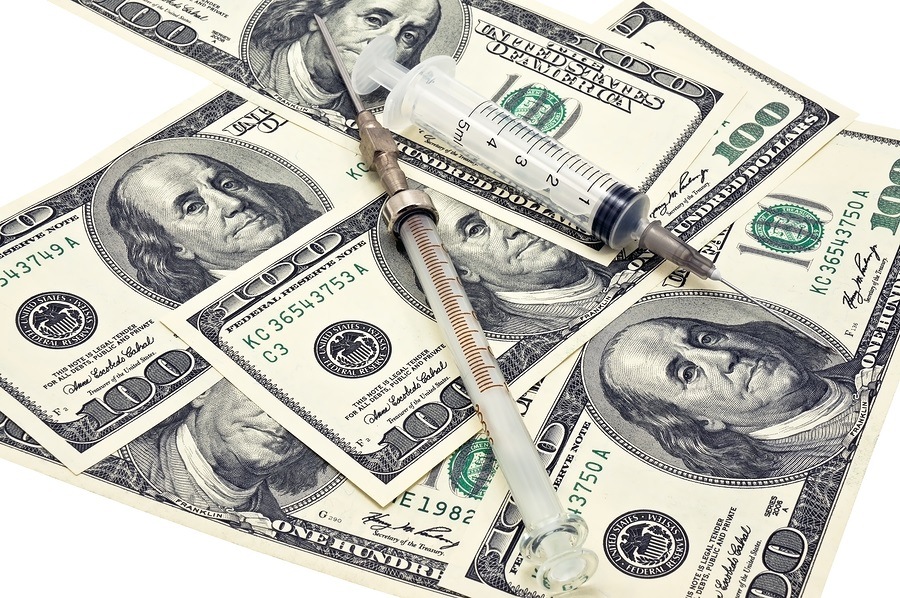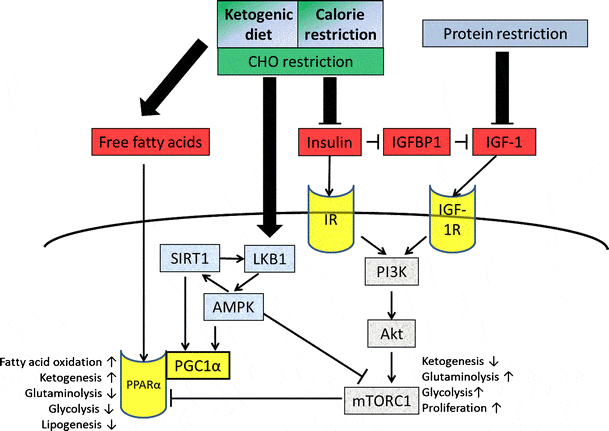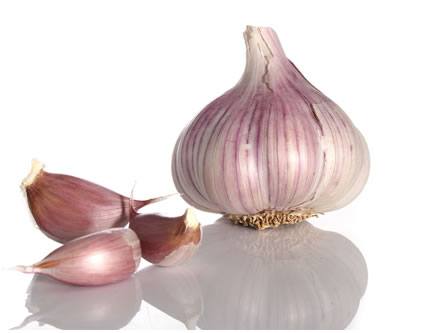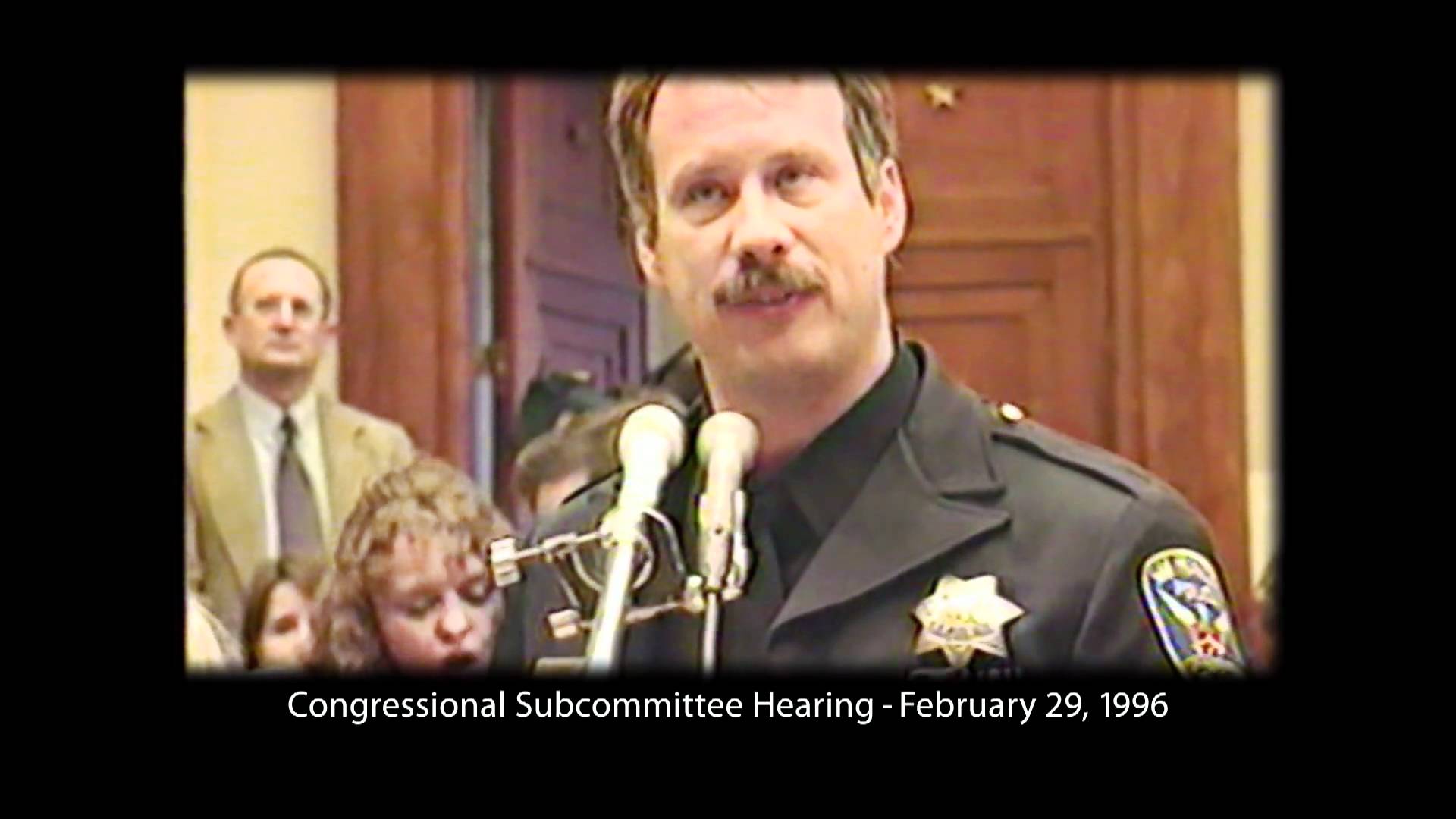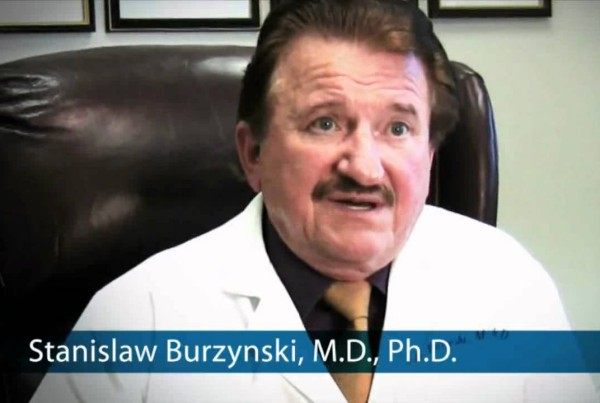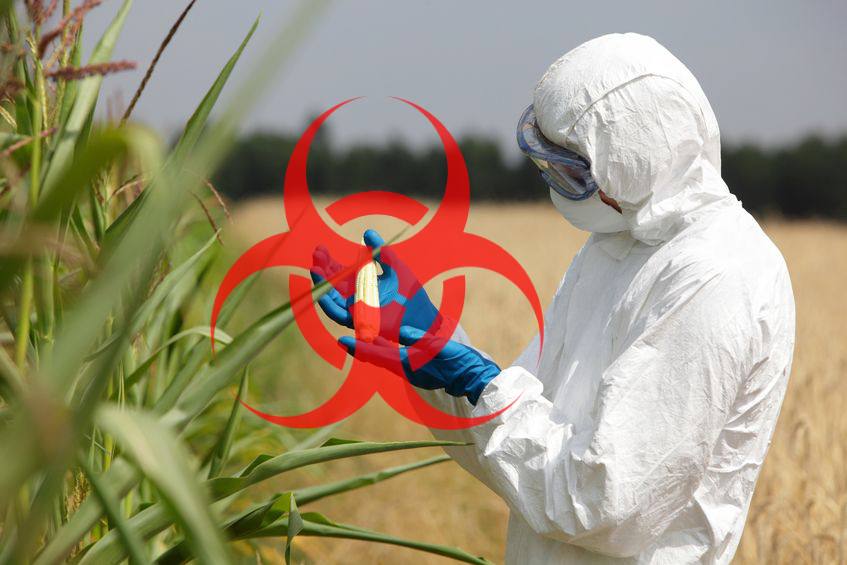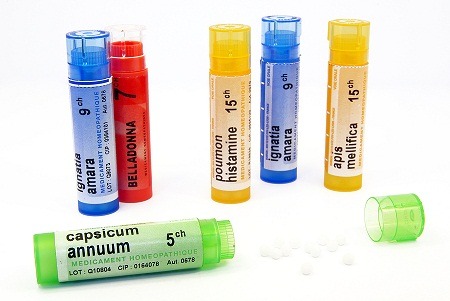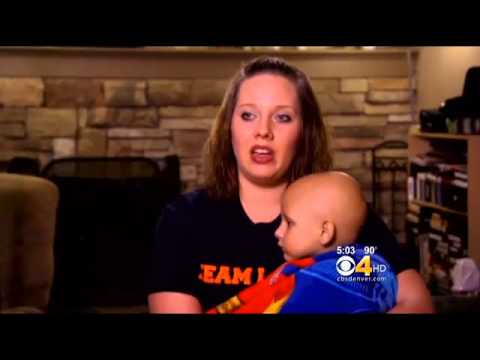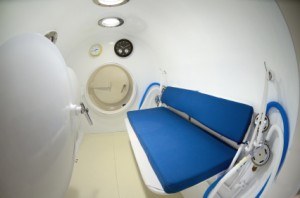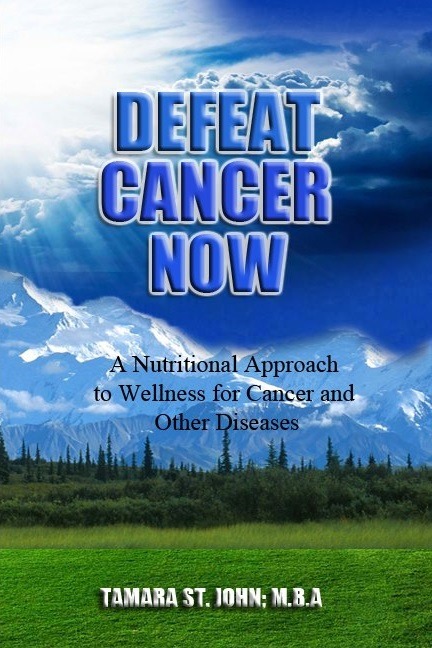One of the truly exciting new frontiers in nutrition therapy is the study of the high-fat low-carb ketogenic diet, especially in relation to preventing and curing cancer. The ketogenic diet as a therapeutic diet is not new. It has been around at least since the 1920s, when researchers at John Hopkins discovered that the diet could cure some children from epileptic seizures where drugs had failed.
In 2013 we published a few stories highlighting new research showing the ketogenic diet's value to cancer patients. Many of these studies are looking at not only the ketogenic diet, but also the concept of intermittent fasting or calorie restriction. These are beneficial aspects to study, as generally they cannot be mimicked by drugs.
There are indications that the way the ketogenic diet produces "ketones", or the "ketogenic effect", is being studied in order to produce pharmaceutical products (drugs or vaccines) that can mimic the same effect. With years of experience now documented in using the ketogenic diet with children suffering from seizures, one of the most common complaints is that the diet is difficult to adhere to, as the child has to abstain from refined carbohydrates and typical childhood sweets such as cakes and candies. The reasoning is that a drug would make life more bearable instead of following such a strict diet.
I am very encouraged by this recent study, published in January 2014, looking at the ketogenic diet and intermittent fasting as an adjunct nutritional therapy to be administered to cancer patients undergoing standard radiation therapy in cancer treatment. The study provides "dietary interventions" to be used along side "radiotherapy". Therefore this is not really a study that lends itself to developing more pharmaceutical drugs. However, will physicians in the allopathic medical field seriously consider rigorous diet therapy?
Of course, there are plenty of cancer therapies that are effective and non-toxic, but they are not covered by insurance companies in the U.S., and most of them are not approved by the FDA, so one must go south of the border into Mexico or travel to another country to receive the best non-toxic cancer therapies.





